
Ioana Mihala
Pets are a huge part of our society, all around the world. In 2018 there were more than 470 million dogs and 370 million cats registered as pets. We all love our furry and feathery friends as they bring joy and unconditional love into our lives. When it comes to the environment however, what is our pet’s carbon footprint and how can we reduce it?
Pet’s carbon footprint
The biggest environmental impact is caused by the diet. Most pets have a meat-based diet, which we know requires a lot of land, energy, and water. According to studies, pets consume up to a fifth of the world’s meat and fish, which leads to a high pet’s carbon footprint. On one hand, the pet food industry doesn’t produce enough sustainable products. In some countries commercial dry pet food has a higher percentage of animal meat in it than human foods. On the other hand, especially in Western societies, overfeeding and food waste is a common problem. The exact carbon footprint depends on the type of animal, size, and, as mentioned, the diet. In an unsustainable scenario, a dog’s carbon footprint is twice that of a 4x4 car.
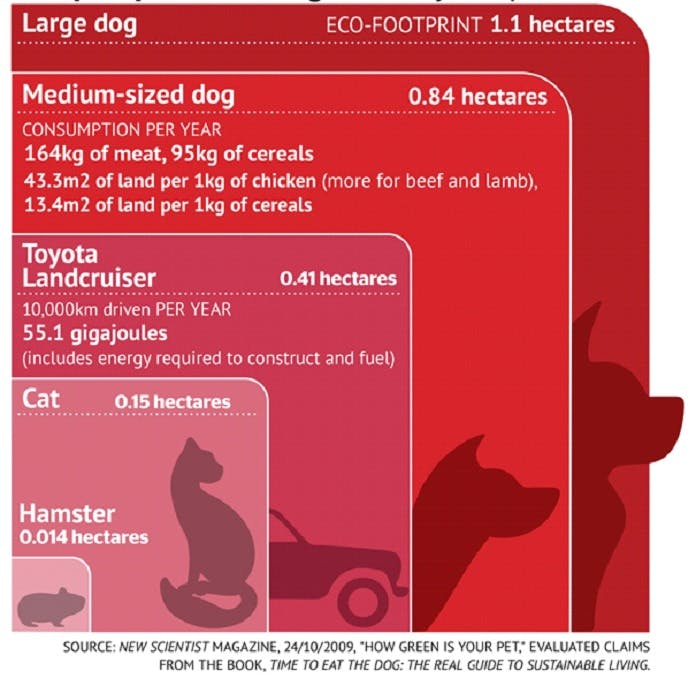
Food
Even though a pet’s carbon footprint is so high because of the diet, we don’t have to immediately transform our pets into vegans. We all want our companions to be healthy and happy and there are sustainable ways to make that happen:
⦁ Buy sustainable food products for your pets. On the Thegoodshoppingguide.com and www.ethicalconsumer.org you can check out how most known dog and cat food brands are ranked according to environmental and ethical factors.
⦁ Try out vegetarian and vegan options and see if your furry friend likes it. If it doesn’t work or you are generally worried about the nutrients intake consider insect proteins. Products made out of edible insects it’s the latest innovation in terms of sustainable pet food because of its nutritious values and the very low greenhouse emissions in the production (96 % less than beef products). Yora and Tomojo are two European brands selling these new products, it is expected that in the near future more pet food companies would follow suit.
“We just have to get over the ick factor [...] Once you overcome your preconceptions it’s actually quite tasty. It has a slightly mushroomy flavour. I’ve tasted quite a few insects in my trials because I don’t think I should feed a dog anything I wouldn’t eat myself.” But Neish, Yora Founder
⦁ Sadly veganism is not an option for cats but is for dogs. Co-founder Matt's energetic running partner and best friend Luz the Labrador is on a diet of Lukullus Vegan dry food.
⦁ Buy, when possible, in bulk to avoid throwing away extra packaging
⦁ Feed your pets yummy leftovers and make them delicious eco-friendly treats, here are some vegetarian dog treats and cat treats recipes to get you inspired. If you decide to cook your pet’s food entirely yourself, it’s advised to consult a vet to ensure the right balance of nutrients.
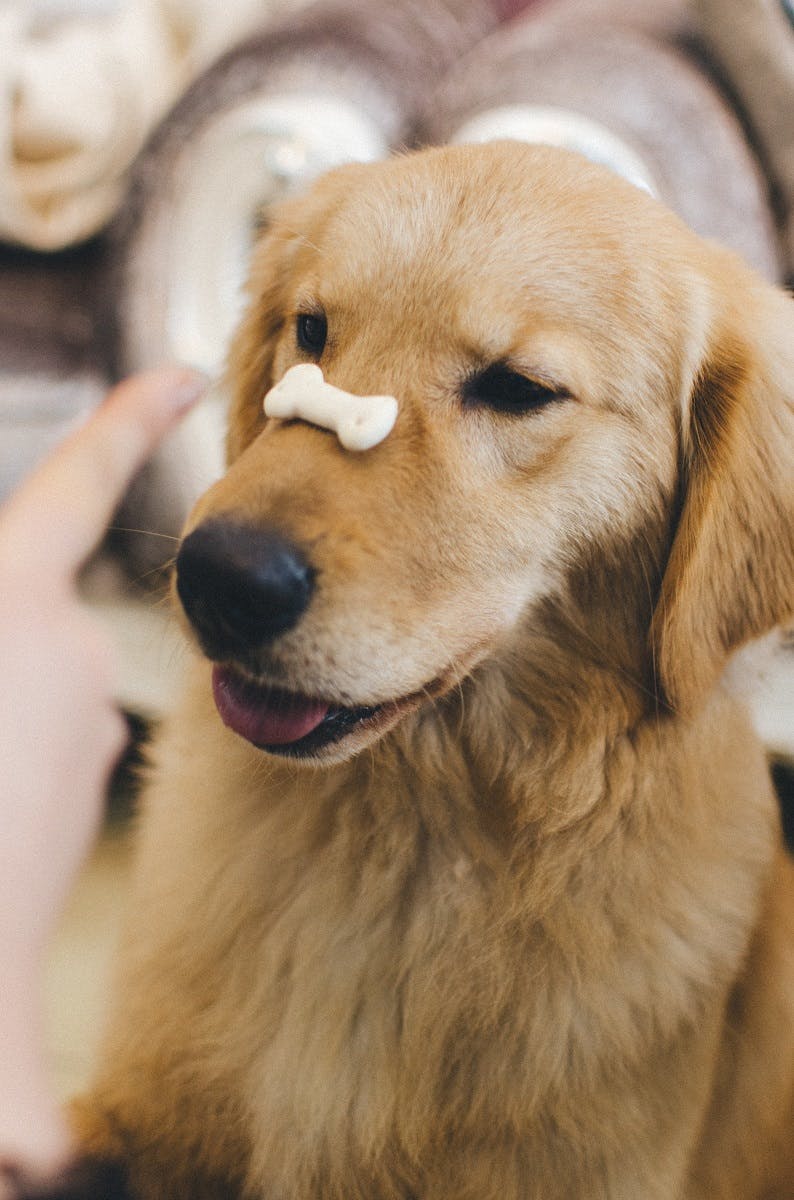

Take action now
Do you want to have a direct impact on climate change? Sir David Attenborough said the best thing we can do is to rewild the planet. So we run reforestation and rewilding programs across the globe to restore wild ecosystems and capture carbon.
Get involvedCleaning up
It can be a bit crappy, but we also have to take care of our little friend’s food outputs. Use biodegradable or compostable poop bags - here are a few of the current best eco-friendly options. Ideally, you shouldn’t throw it away in the regular trash as it ends up in a landfill. Cat poop also contains a toxin called “Taxoplasma gondii”, so avoid flushing it away because it often doesn’t get killed in the sewage treatment and ends up in the water. If you have a garden you can get a pet-waste composting bin - not to be used afterward however on edible plants! Alternatively, invest in a home biodigester that can turn your pet's poop into cooking gas!
You could also take it to a compost facility that accepts pet waste, or in some countries, such as the US and the UK, you can even hire pet waste removal companies to do your dirty work. Use green litters made from natural materials that are better for both the environment and the health of your cat.
Choose green products not just for cleaning up, but also when cleaning your companions; try organic or natural shampoos. All of which help reduce your pet’s carbon footprint.
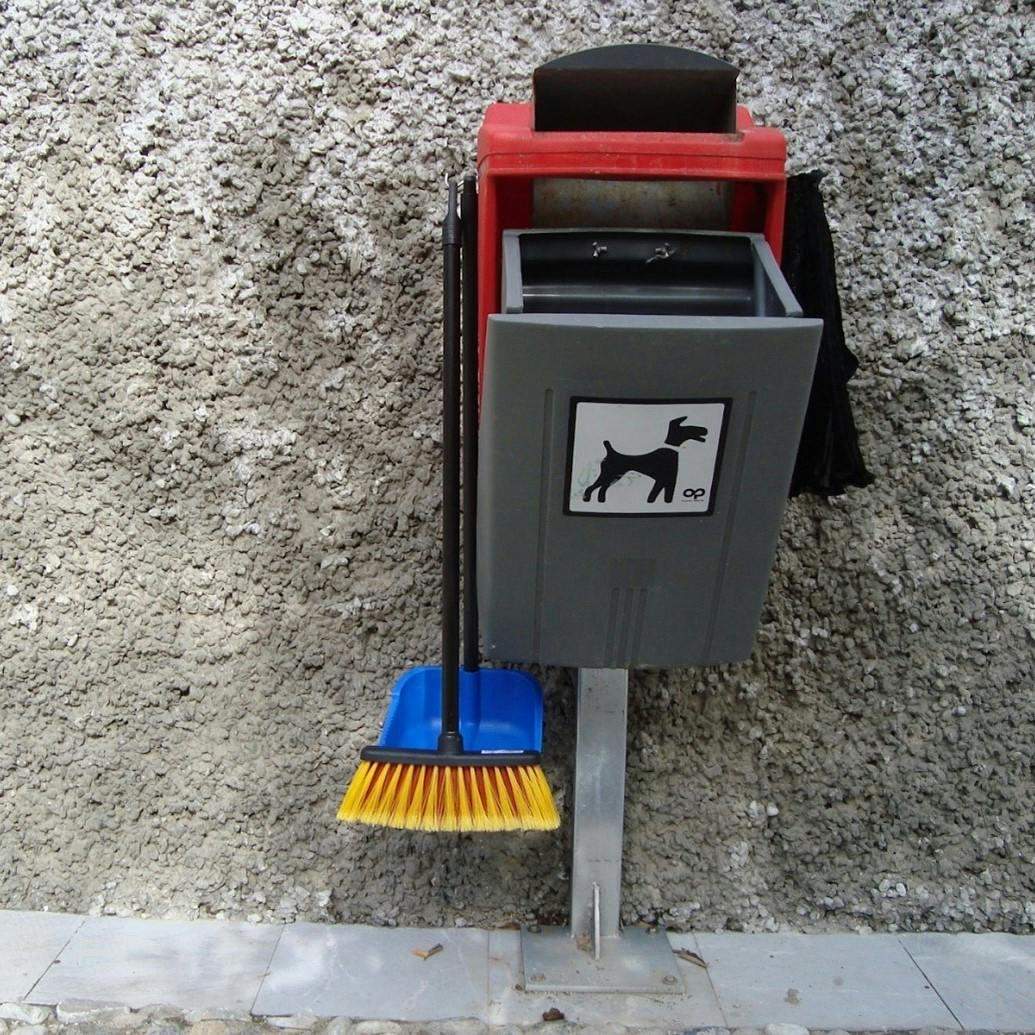
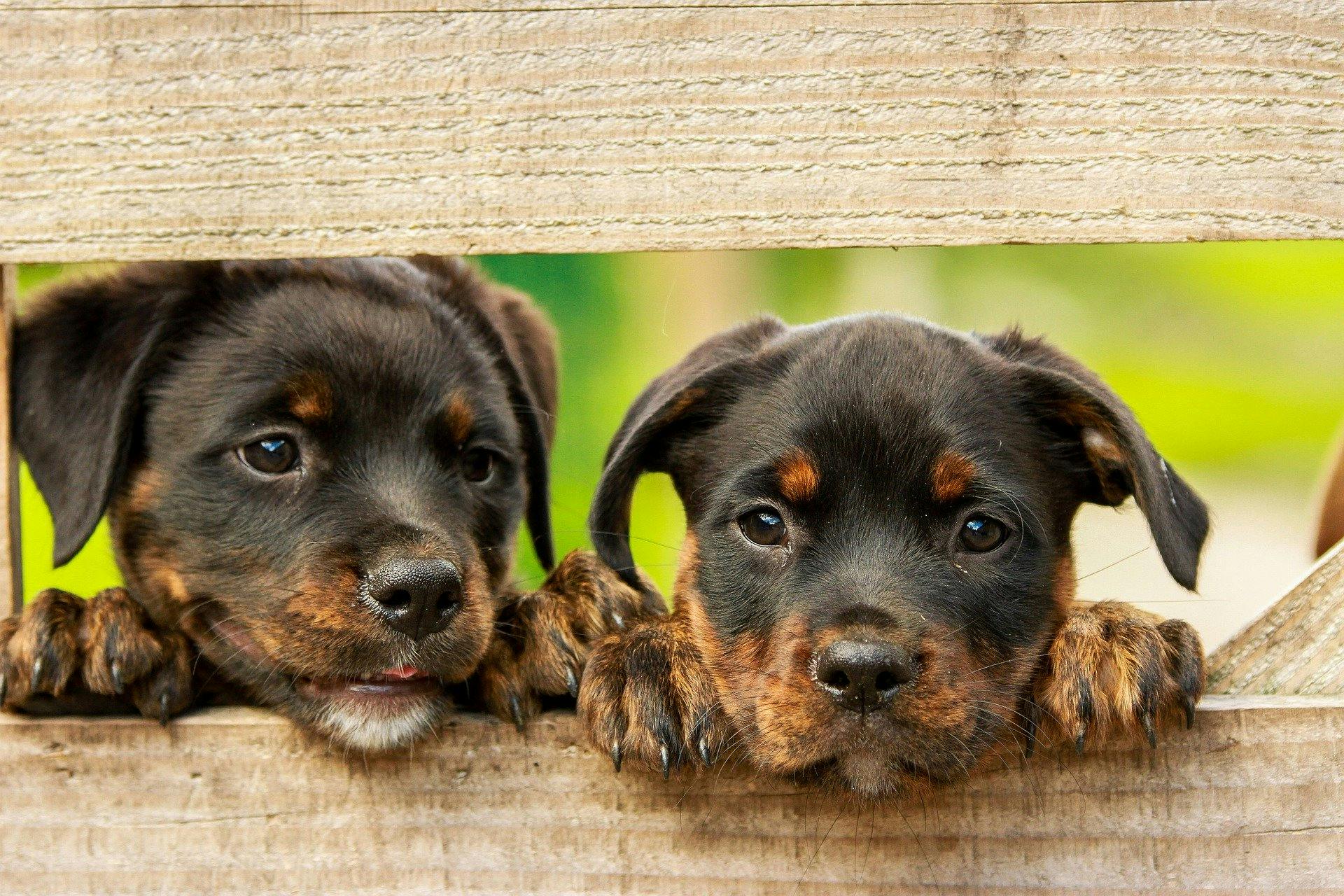
It’s playtime!
Play with your pets, spend time with them outside! If you have a close by errand don’t just automatically jump in the car, take your dog for a walk with you. Get creative with the toys as well, you can repurpose materials you have lying around and make unique playthings for your companions. Just google the name of your animal and “DIY toys” and you will find crafty ideas to entertain every animal, be it a dog, a parrot, a guinea pig, or a fish. And of course, if buying a toy, a leash or a bed always go for a durable and eco-friendly product.
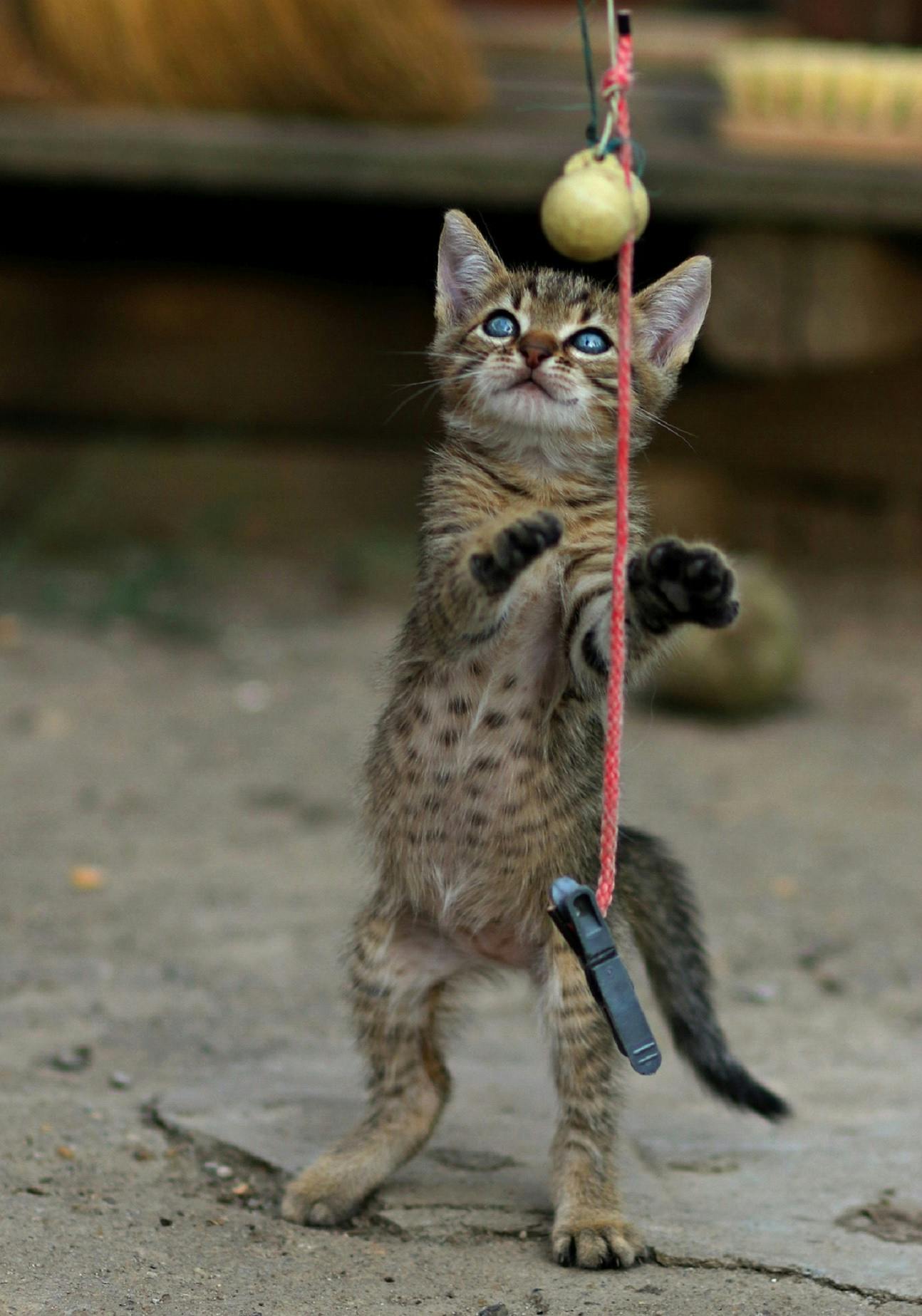
Reduce your pet's environmental pawprint with Pet Impact
Pet Impact was started by two vets whose mission is to make sustainable pet ownership simple and accessible to everyone. As vets and pet owners, they understand that the health and happiness of people, animals and the planet are inextricably linked. Consequently, they created a brand that strives to bring all three into harmony.
Pet Impact offers three things,
- Sustainable and plastic-free treats
- Everyday pet products
- A first of its kind membership
The membership enables pet owners to provide for all their pet’s regular necessities while minimising their impact on the planet, through tree planting, compostable poo bags, a personalised zero-waste subscription box and more.
"We have just joined the Race to Zero campaign and committed to go carbon neutral by 2040. As we recognise the need to move beyond carbon neutrality and towards regeneration, we also support the Whale and Dolphin Conservation and are hugely excited to become a member of Mossy Earth.
We want Pet Impact to offer more than products and inspire genuine change and action in the wider community. To this end, we created ‘Pets Behaving Sustainably’, the first Facebook group to promote sustainable pet ownership, providing free advice, resources and support for pet owners, as well as encouraging action through fun challenges.
There are so many ways in which we can minimise our pet’s environmental pawprints and we are here to help you every step of the way. We hope that you can join us and bring your pet along with you on your sustainability journey!" Alice Judge, Veterinarian and Co-founder of Pet Impact
To find out more about Pet Impact, visit their website and Facebook Group.
Sources & further reading

- “The Ecological Paw Print of Companion Dogs and Cats” - Bio Science
- “8 Tips for Planet-Friendly Pet Care” - B The Change
 Choose the best sustainable diet for your pet: vegan, vegetarian, with insect proteins, or with organic products.
Choose the best sustainable diet for your pet: vegan, vegetarian, with insect proteins, or with organic products.